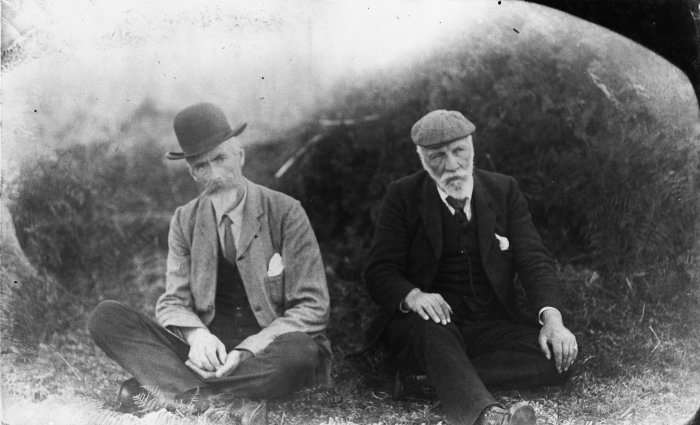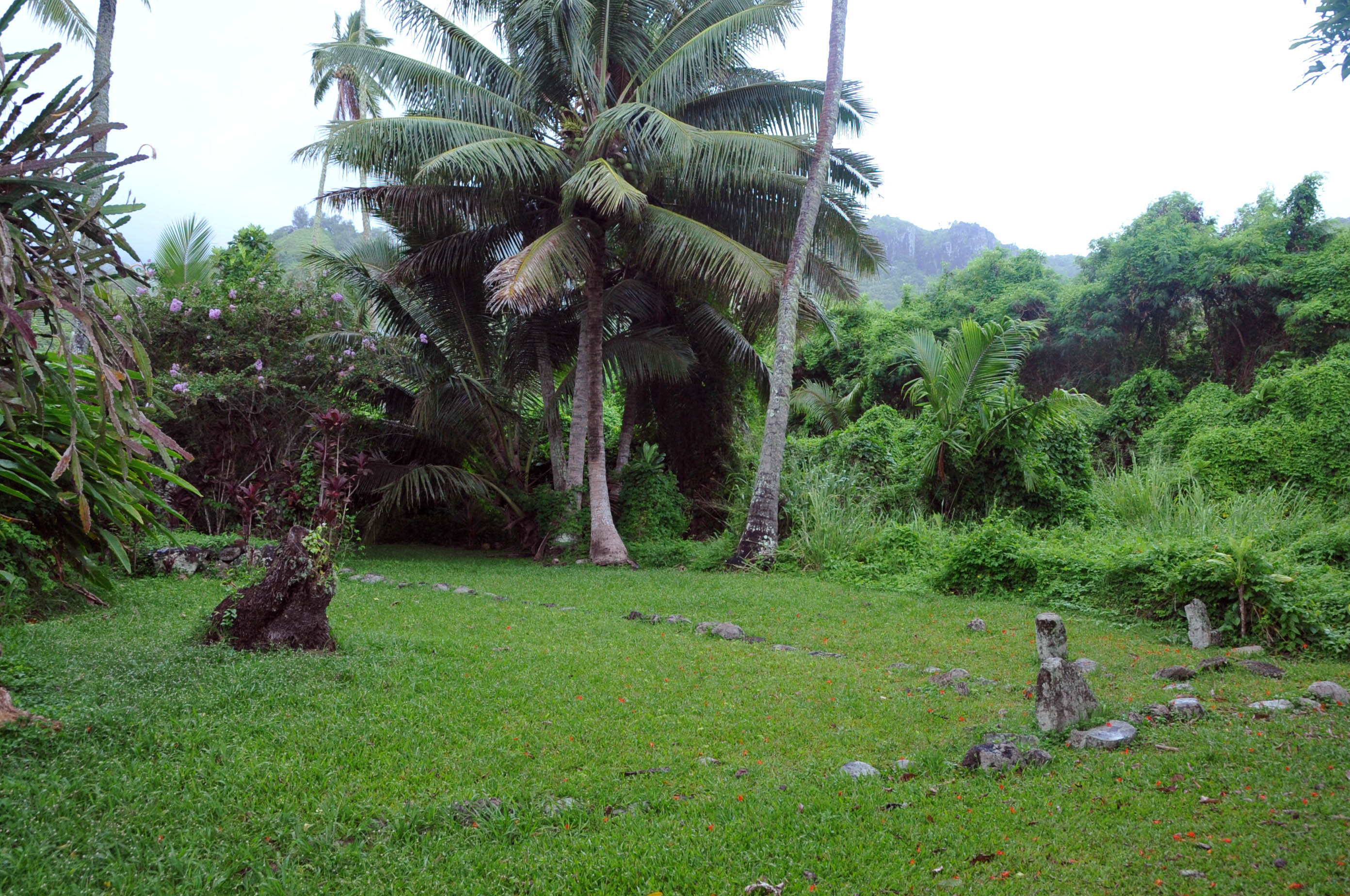|
Karanga (Māori Culture)
A karanga (''call out, summon'') is an element of cultural protocol of the Māori people of Aotearoa New Zealand. It is an exchange of calls that forms part of the pōwhiri, a Māori welcoming ceremony. It takes place as a visiting group moves onto the marae or into the formal meeting area. Karanga are carried out almost exclusively by women and in Māori language, and are initiated by the tangata whenua or hosts, and responded to by the visitors. Karanga follow a particular format in keeping with protocol. This includes exchanging greetings, paying tribute to the dead (especially those who have most recently died), and referring to the reason for the groups' coming together. It has an important function in building connections between tangata whenua and manuhiri (guests), and setting the agenda for the gathering. See also *Karakia Karakia are Māori incantations and prayers, used to invoke spiritual guidance and protection. With the nineteenth-century introduction of ... [...More Info...] [...Related Items...] OR: [Wikipedia] [Google] [Baidu] |
Māori People
The Māori (, ) are the indigenous Polynesian people of mainland New Zealand (). Māori originated with settlers from East Polynesia, who arrived in New Zealand in several waves of canoe voyages between roughly 1320 and 1350. Over several centuries in isolation, these settlers developed their own distinctive culture, whose language, mythology, crafts, and performing arts evolved independently from those of other eastern Polynesian cultures. Some early Māori moved to the Chatham Islands, where their descendants became New Zealand's other indigenous Polynesian ethnic group, the Moriori. Initial contact between Māori and Europeans, starting in the 18th century, ranged from beneficial trade to lethal violence; Māori actively adopted many technologies from the newcomers. With the signing of the Treaty of Waitangi in 1840, the two cultures coexisted for a generation. Rising tensions over disputed land sales led to conflict in the 1860s, and massive land confiscations, to which ... [...More Info...] [...Related Items...] OR: [Wikipedia] [Google] [Baidu] |
Aotearoa
''Aotearoa'' () is the current Māori-language name for New Zealand. The name was originally used by Māori in reference to only the North Island, with the name of the whole country being ''Aotearoa me Te Waipounamu'' ("North Island and South Island"). In the pre-European era, Māori did not have one name for the country as a whole. Several meanings for Aotearoa have been proposed for the name; the most popular translation usually given is "land of the long white cloud", or variations thereof. This refers to the cloud formations which helped early Polynesian navigators find the country. Beginning in the late 20th century, ''Aotearoa'' has become widespread in the bilingual names of national organisations and institutions. Since the 1990s, it has been customary for particular parties to sing the New Zealand national anthem, "God Defend New Zealand" (or "Aotearoa"), in both Māori and English, exposing the name to a wider audience. New Zealand English speakers pronounce the wo ... [...More Info...] [...Related Items...] OR: [Wikipedia] [Google] [Baidu] |
Pōwhiri
A pōwhiri (called a pōhiri in eastern dialects, and pronounced in the Taranaki-Whanganui area) is a Māori welcoming ceremony involving speeches, cultural performance, singing and finally the '' hongi''. It is used to both welcome guests onto a marae or during other ceremonies, such as during a dedication of a building (where the owners or future users of the building might be welcomed). A pōwhiri may not be performed for every group of manuhiri (visitors); a ''mihi whakatau'' ("informal greeting to visitors") may be used instead. A pōwhiri is often used for special visitors or for ''tūpāpaku'' (the body of the deceased) for a tangihanga (funeral). However, a pōwhiri are also often performed for tourist groups as part of special events. For most non-Māori speakers the ''wero'', an aggressive challenge of the visitor at the beginning of the ceremony, is the most spectacular part of pōwhiri. During this part of the ceremony, three Māori warriors will advance cautiously t ... [...More Info...] [...Related Items...] OR: [Wikipedia] [Google] [Baidu] |
Marae
A ' (in New Zealand Māori, Cook Islands Māori, Tahitian), ' (in Tongan), ' (in Marquesan) or ' (in Samoan) is a communal or sacred place that serves religious and social purposes in Polynesian societies. In all these languages, the term also means cleared and free of weeds or trees. generally consist of an area of cleared land roughly rectangular (the itself), bordered with stones or wooden posts (called ' in Tahitian and Cook Islands Māori) perhaps with ' (terraces) which were traditionally used for ceremonial purposes; and in some cases, a central stone ' or ''a'u''. In the Rapa Nui culture of Easter Island, the term ' has become a synonym for the whole marae complex. In some modern Polynesian societies, notably that of the Māori of New Zealand, the marae is still a vital part of everyday life. In tropical Polynesia, most marae were destroyed or abandoned with the arrival of Christianity in the 19th century, and some have become an attraction for tourists or archaeol ... [...More Info...] [...Related Items...] OR: [Wikipedia] [Google] [Baidu] |
Tangata Whenua
In New Zealand, tangata whenua () is a Māori term that literally means "people of the land". It can refer to either a specific group of people with historical claims to a district, or more broadly the Māori people as a whole. Etymology According to Williams' definitive ''Dictionary of the Māori Language'', ''tangata'' means "man" or "human being", whilst ''tāngata'' (with the macronated "ā") is the plural, and means "people". ''Tangata''—without the macron—can also mean "people" in reference to a group with a singular identity. ''Whenua'' means both "land" and "placenta" (again referencing Williams, who lists five definitions). It is an ancient Austronesian word with cognates across the Malayo-Polynesian world, from Malay ''benua'' (now meaning "continent"), Visayan *''banwa'' and to Rapa Nui ''henua''; ultimately from Proto-Austronesian *''banua''. Unlike European thought, wherein people own land, in the Māori worldview the land is regarded as a mother to the people. ... [...More Info...] [...Related Items...] OR: [Wikipedia] [Google] [Baidu] |
Karakia
Karakia are Māori incantations and prayers, used to invoke spiritual guidance and protection. With the nineteenth-century introduction of Christianity to New Zealand, Māori adopted (or wrote new) karakia to acknowledge the new faith. Modern karakia tend to contain a blend of Christian and traditional influence, and their poetic language may make literal translations into English not always possible.Karakia , Otago University website. Retrieved 23 July 2019. In modern Māori society, performances of ''karakia'' frequently open important meetings and ceremonies, both within a Māori context (such as tribal , [...More Info...] [...Related Items...] OR: [Wikipedia] [Google] [Baidu] |
Māori Culture
Māori culture () is the customs, cultural practices, and beliefs of the indigenous Māori people of New Zealand. It originated from, and is still part of, Polynesians, Eastern Polynesian culture. Māori culture forms a distinctive part of Culture of New Zealand, New Zealand culture and, due to a large diaspora and the incorporation of Māori motifs into popular culture, it is found throughout the world. Within Māoridom, and to a lesser extent throughout New Zealand as a whole, the word is often used as an approximate synonym for Māori culture, the Māori language, Māori-language suffix being roughly equivalent to the qualitative noun-ending ''-ness'' in English. has also been translated as "[a] Māori way of life." Four distinct but overlapping cultural eras have contributed Māori history, historically to Māori culture: * before Māori culture had differentiated itself from other Polynesian cultures (Archaic period) * before widespread European contact (Classic period) ... [...More Info...] [...Related Items...] OR: [Wikipedia] [Google] [Baidu] |




